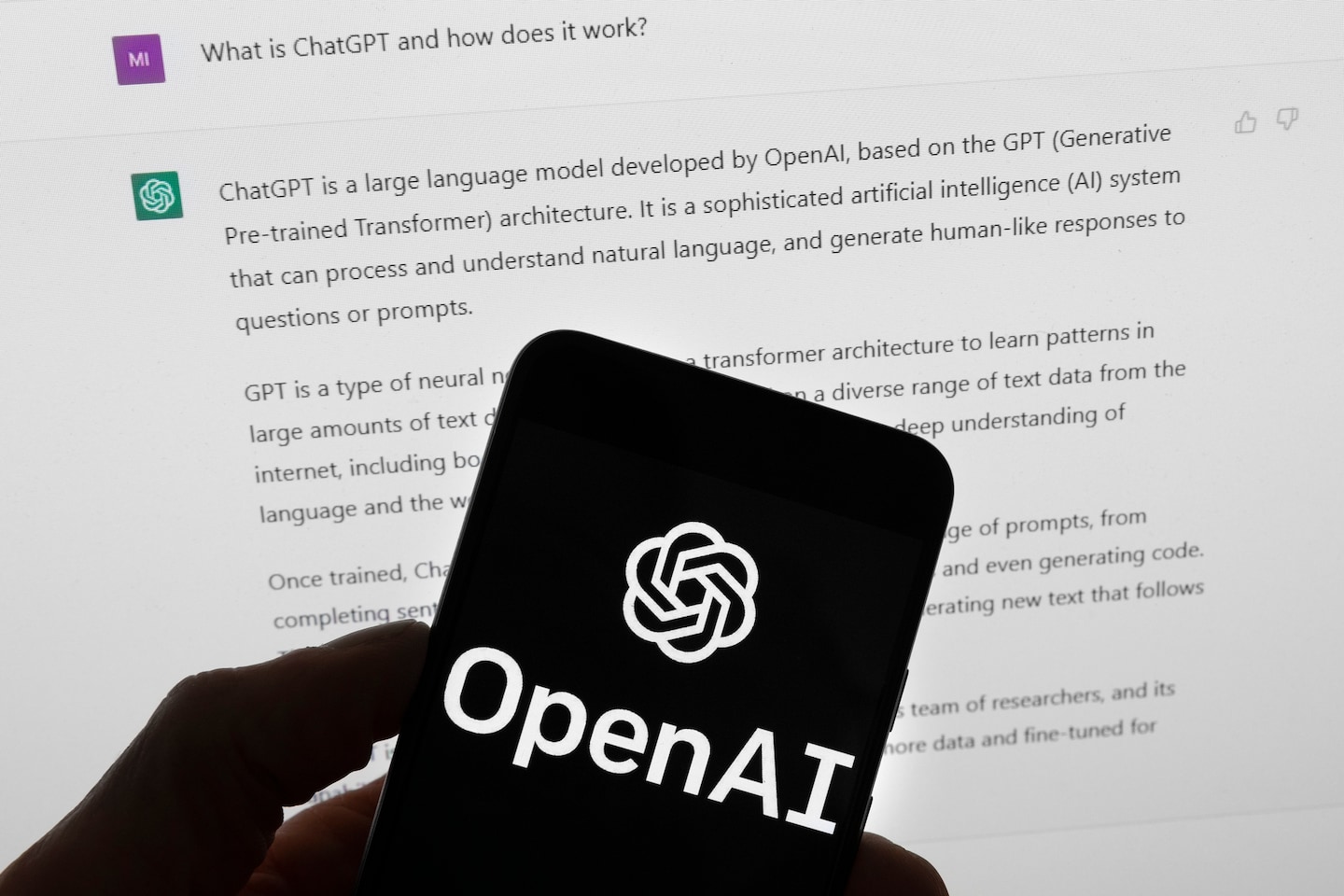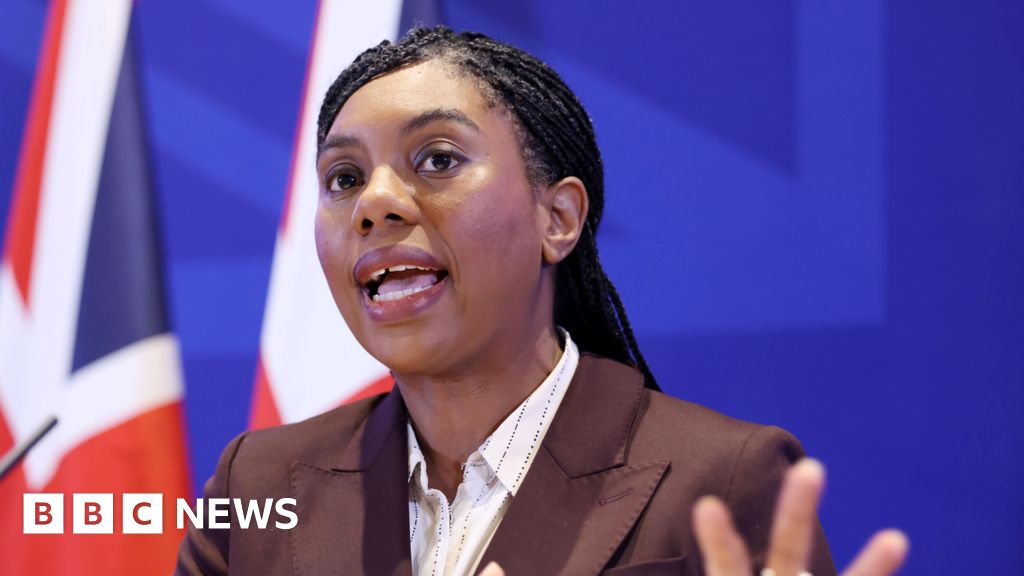
OpenAI says Microsoft will have non-voting board seat
- Science
- November 30, 2023
- No Comment
- 159
Altman was fired from ChatGPT maker OpenAI on Nov. 17, kicking off a chaotic five days as the tech industry grappled with the implications of the face of the AI revolution being unceremoniously removed from his company. Five days later, Altman was back, and a new board had been appointed, consisting of Taylor, former treasury secretary Larry Summers and Quora CEO Adam D’Angelo, one of the previous board members who had removed Altman. Since then, Silicon Valley has speculated about who else would join the board and ultimately control the fate of the company.
In the memo, Altman said he would be working “closely” with the three current board members to appoint a board with “diverse perspectives.” Analysts have said the five days of chaos would strengthen the power that Microsoft, which has invested billions of dollars in OpenAI, has over the company.
“We clearly made the right choice to partner with Microsoft and I’m excited that our new board will include them as a nonvoting observer,” Altman said in the memo.
He signaled the company would continue with its tactic of building consumer products and pushing them out to the public. “It’s important that people get to experience the benefits and promise of AI, and have the opportunity to shape it. We continue to believe that great products are the best way to do this,” Altman said.
Taylor said separately in a memo that he would work to “enhance the governance structure of OpenAI so that all stakeholders — users, customers, employees, partners, and community members — can trust that OpenAI will continue to thrive.” After the memo was posted, Taylor said on the social media site X that he would step down once the full board was appointed.
The comments about diversity and changing the corporate structure drew immediate skepticism from AI industry observers.
“Still no women on the board but now there’s a Big Tech company to boot,” Sasha Luccioni, an AI ethics researcher at Hugging Face, said in a post on X, formerly Twitter, on Wednesday evening.
Having a broad definition of diversity is critical, Luccioni told The Post by email, particularly since OpenAI has tasked its nonprofit board with deciding when the company has reached “artificial general intelligence” or AGI, the company’s term for advanced AI systems that can outperform humans at economically valuable work. Luccioni said OpenAI’s current definition of diversity seems to encompass a tech giant with a financial stake in the company, “but not so much gender minorities and people who may take a more critical stance.”
Luccioni’s skepticism echoes significant concerns AI industry officials have had about OpenAI’s new leadership structure. All of the initial members are White and male, including Summers, who said in 2005 that innate differences between men and women may explain why fewer women advance in technological professions. (He later apologized.)
The challenge to recruit diverse members onto the company’s board is likely to be steep, AI experts said, pointing to a boys’ club ethos that permeates Silicon Valley as well as structural racial and gender imbalances in AI.
In 2022, the consulting firm McKinsey did a study showing glaring gender and racial inequity in the field, with only 27 percent of the nearly 1,500 companies they polled employing women to “develop AI solutions” and 25 percent being minorities.
Prominent minority AI researchers have already said they would not be interested in joining the company, even if they were offered a seat. Timnit Gebru, a researcher fired by Google in 2020, told Wired Magazine on Tuesday that the idea of joining OpenAI’s board is “repulsive.”
“There’s more of a chance that I would go back to Google,” she said, “than me going to OpenAI.”
Altman conceded that there were “real misunderstandings” with the board that led to his initial ouster and that he welcomes the board’s independent review of all recent events.
#OpenAI #Microsoft #nonvoting #board #seat









